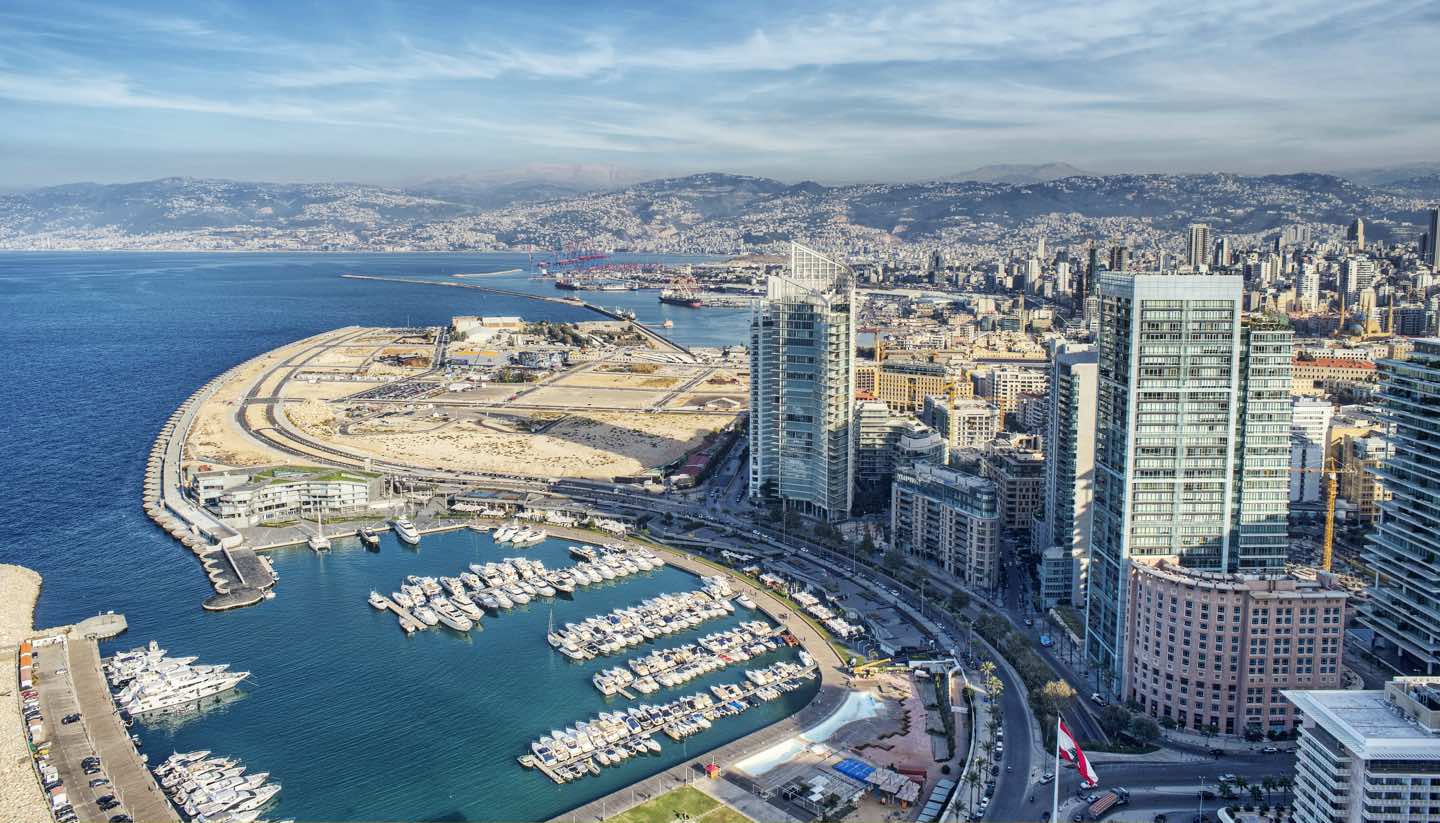Beirut History
Although the recent past hasn’t done the city’s reputation any favours, Beirut’s history is a fascinating one, with conquests, triumphs and crises galore. The city’s story began more than 5,000 years ago, although its name came later when the Canaanites dubbed it Be'erot. An outpost of the ancient Phoenician world, Beirut later became part of the Roman Empire shortly after the first century began.
Later invaders included the Byzantines, Crusaders, Mamluks, Ottomans and finally, the French, all of whom left a mark on the city. The Ottomans, who ruled Lebanon for the best part of 500 years, left scores of buildings, including the Grand Serail, as well as their religion and culture behind. When they departed, they left a power vacuum that was exploited by local factions but was filled by the French. It would have lasting consequences.
Of all the colonisers, the French were the ones to leave the most noticeable mark on the city with its language, architecture and cuisine. After the French exited, the city boomed and became a cosmopolitan place, commonly described as the Paris of the Middle East. But the good times weren’t to last.
War broke out in 1975 between Christian and Muslim factions with disastrous consequences as much of the city was devastated and the population was reduced by the thousands.
Although relatively quiet post war, the city suffered sporadic outbreaks of violence in the early 1980s including the 1982 Lebanon War, when the city was occupied by an invading Israeli army, and the bombing of the French and US barracks in 1983. A lasting ceasefire signed in 1990 granted the city peace once more.
However, the 2006 Israel-Lebanon War brought destruction back to the streets of the city, as did later skirmishes with Syria. Although 2008’s Doha Agreement restored calm, refugees and rising tension spilling over from the Syrian Civil War heaped more tension on the city from 2011.
Did you know?
• Beirut was one of the first places in the Middle East to have a record store when the Baidaphon label started in 1907.
• The city has been destroyed and rebuilt seven times.
• Beirut is home to the world’s oldest law school.


